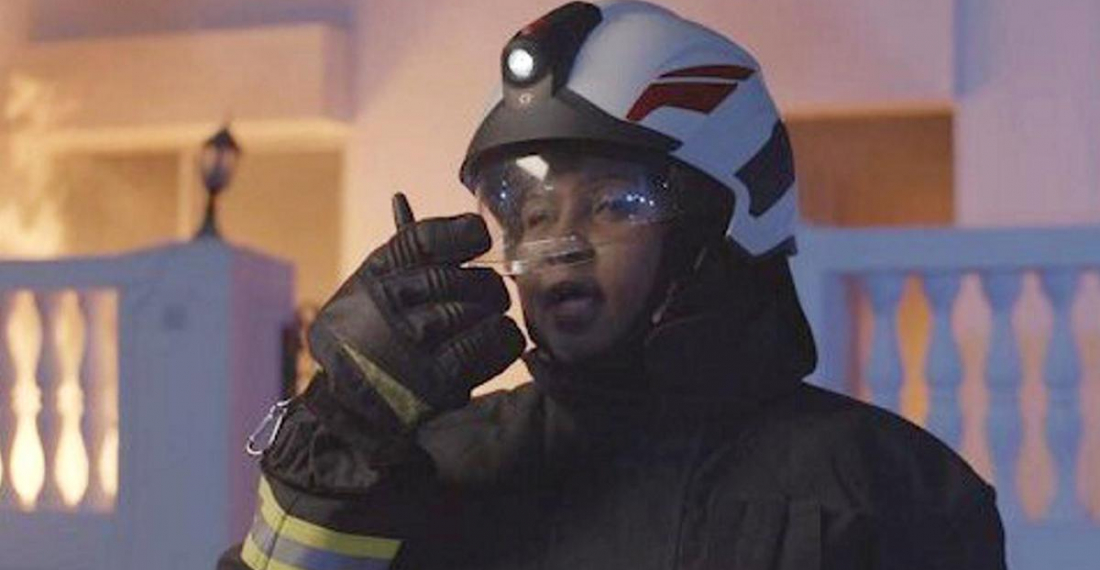The Bahraini Ministry of Interior will train the first batch of female fighters. The ladies will then be incorporated into the country's Civil Defence as fully-fledged firefighters.
Speaking to the newspaper The National, trainee Aisha Al Yasi said that basic firefighting training showed her what her future might look like. Ms Yasi has a degree in petroleum and natural gas engineering and is currently working in the country's Civil Defence’s protection and safety department. The field remains a male-dominated and firefighting might have not been her first choice.
After she applied and was accepted into her current role, her friends and family were "a bit surprised".
Ms Yasi believes she has a good chance in breaking the taboo surrounding women's participation in such physically demanding jobs.
“The breathing equipment is very heavy and training requires physical strength,” she said.
However, Ms Yasi is keen to make the cut and become part of the country's first generation of women firefighters who will join their male counterparts on the job.
Women have been working with Bahrain's Ministry of Interior since the 1970s, mostly doing important work behind the scenes. The Ministry is working to increase the percentage of its female workforce which currently stands at 12.5
"For a long time now, women have been given the opportunity in Bahrain ... all our colleagues here, the male colleagues, have been very supportive," Ms Yasi said.
Ms Yasi and her other female colleagues hope they can reach advanced training and break both challenges and stereotypes.
The UAE is another country where women have recently joined the Civil Defense. The UAE recently welcomed 15 Emirati women into Ajman's Civil Defence Department, while others in other emirates continue to train for full-time enrolment.







